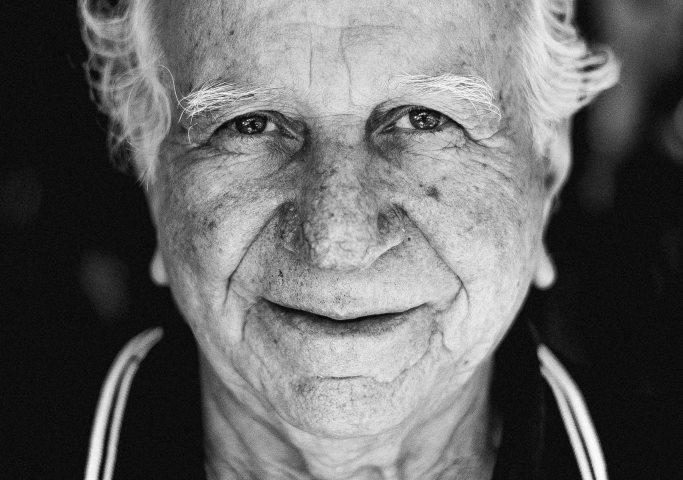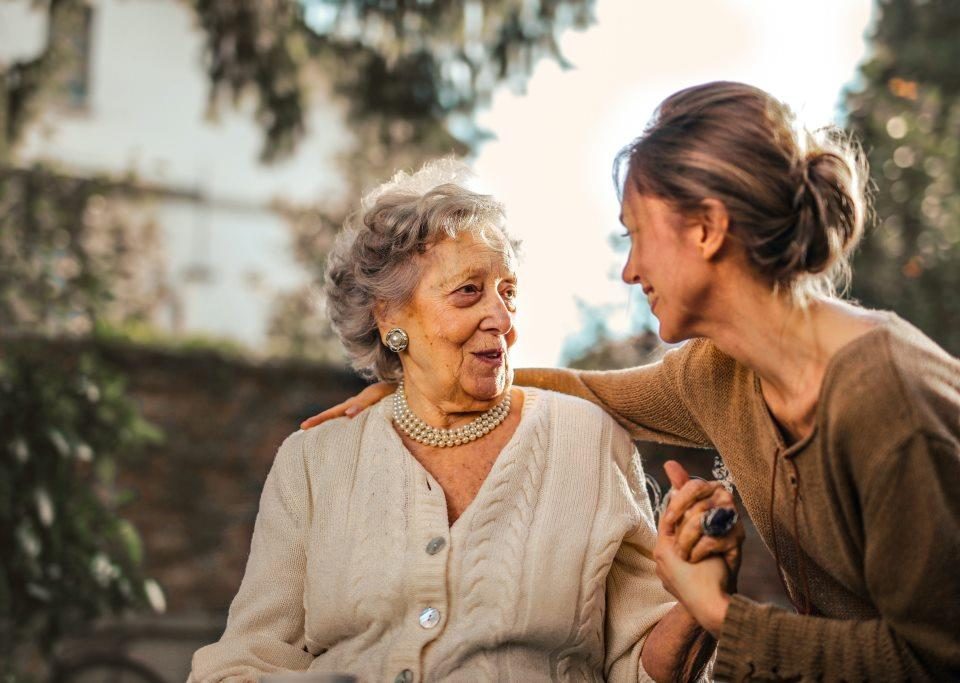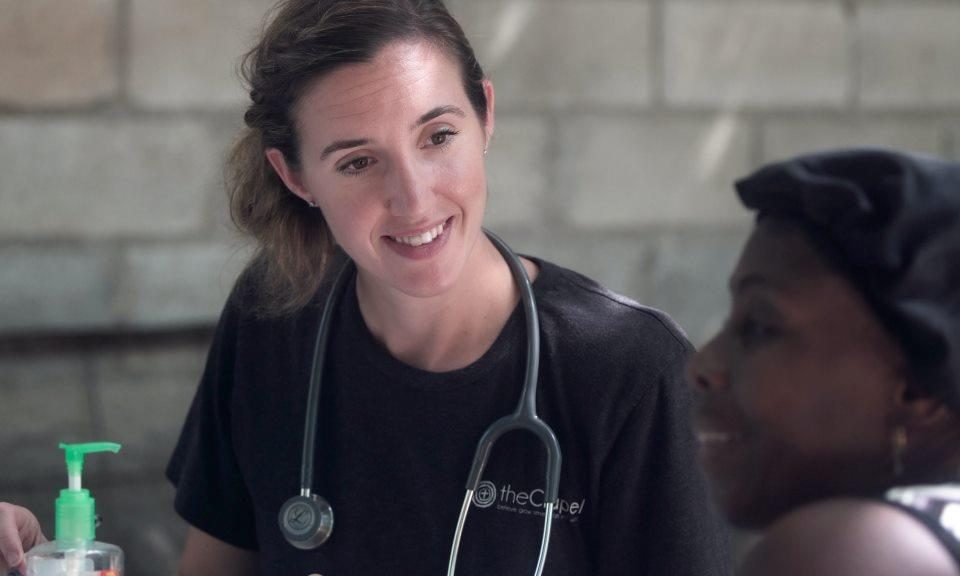How to Find the Right Caretaker for Elderly

In Home Care vs. Assisted Living: Which is Best?
March 9, 2022
How to Find the Best Home Health Care Provider
April 3, 2022How to Find the Right Caretaker for Elderly
The Need for Caregiving
Having the right caretaker for elderly loved ones is essential. Our aging loved ones have a lot on their plate. While they may be “retired”, there are many forces in their life that add extra stress, and can even lead to poor health. Simple daily errands can be taxing on the body. Keeping track of needed grocery items can easily be a heavy burden. On top of that, at their age, it is quite likely that loneliness can set in, if they don’t have the right companion.
This presents the need for having a well qualified, trained and positive caretaker. A caretaker who not only helps with daily tasks, but provides much-needed companionship is worth their weight.
The Value of Having A Caretaker for Elderly Loved Ones
Caretakers can either be paid or unpaid, and are given responsibility to care for elderly seniors. Their care can range anything from household duties, to medical intervention, if they are qualified. They can come visit elderly, in a nursing home, or even live with them part-time.
While there are a wide range of duties and services caretakers provide, the greatest value may be in the companionship they provide. Caretakers can be an attentive, listening ear when your loved one needs it most. Someone there to engage in their stories of life, and wealth of life experience, can bring joy and fulfillment. It may even extend life.
Here are some other benefits of having a caretaker for elderly parents and loved ones:
- Relief from being overwhelmed with life duties
- Peace-of-mind knowing someone is caring for them
- Companionship during lonely times
- Physical assistance for moving heavy objects
- Bathing, cleaning
- Sorting mail. Organizing
- Lending a helping hand through burdensome activities
So Many Choices For Elderly Care
There are so many choices for care for elderly. These included dedicated living centers like skilled nursing facilities, nursing homes, assisted living centers, group homes and more. In addition, there are several options for in-home elderly care.
In-home care for seniors is a fast-growing care field. Because of its flexibility, and lower costs, along with allowing your loved one to remain comfortable in their familiar surroundings, this care is now becoming a standard. Finding the right agency, caretaker and care plan for in-home care can be overwhelming.
Finding the Right Agency
Many senior care agencies offer a wide range of caretaker visiting schedules. They are primarily for in-home care, to visit seniors at-home. But some even offer placement services into senior living facilities.
To find the best senior care service, look for these helpful suggestions:
- Been in business for 20+ years
- Fully licensed with the state and local agencies
- Have real and good reviews throughout the internet, like Yelp, Google Reviews and more
- Do they have a real office, with support personnel? Having that added support allows individual caregivers to focus on their work and provide a caring presence
- Do they offer flexible schedule options? Often, national chains are more rigid in their scheduling. Locally-based agencies can more often offer flexibility
In-Home Caretaker
In-home Caretakers come to your loved-one’s residence. This reduces the need for transport. And it saves on unnecessary costs of the high overhead of dedicated nursing homes. If your senior parents or loved one is semi-independent, and simply needs someone to visit for a short period once a day, they can do that. Or, if they need a more dedicated schedule, such as all-tay care, or even 24-hour care, there are in-home caretaker options for that as well.
What is important is to look intently at the agency and caretaker they have assigned. Make sure they are the right fit for your loved one.
Minimum Qualifications for Caregiver
Most in-home care is non-medical, meaning the caregiver only provides non-medical services. This could include bathing, meal prep, walks together, craft and activity time, or simply driving to appointments.
There are also caregivers who are under direct medical supervision, as well as licensed in-home nurses. The needs of your loved one will dictate what type of caregiver they should have. For many, starting out with a less-expensive non-medical caregiver, who may come at a set time each day, can be a huge help in the daily life of your loved one.
There are certifications, including Caregiver List Certified, and other minimum education requirements that train caregivers specifically for safe, quality care for their clients. In addition, there are continuing education options for most caregivers.
As for the agency or company they work for, there may be additional licensing requirements to fulfill. Find out if they are fully licensed in their state and local area.
Caretaker in California
In California, like most states, Sacramento dictates much higher licensing requirements for elderly living centers, like skilled nursing facilities and group homes, than they do for in-home care. But this actually makes in-home care much better on many fronts. There are a wider range of available options and choices for in-home caretaker services.
What Makes the Best Caretakers?
In addition to being current on their licensing and continuing education, excellent caretakers have:
- Experience (multiple years)
- Wide range of care exposure, yet focused mostly on one type of care (like memory care or hospice)
- Have not hopped around from company to company
- Have had long-term clients
Personality Traits of Good Caretakers
Request caretakers who demonstrate a willingness to listen to your loved one. Do they give full eye contact? Do they engage and ask questions, or are they too quiet? Are they organized enough to help your loved one keep track of their schedule and items?
Ultimately, be willing to give time for your new caretaker to demonstrate these skills. Often, as their familiarity and relationship with your senior grows, so will their attentive and caring heart. In today’s low-staffed world, it is often better to give time (such as a month) to prove themselves rather than quickly requesting a new caretaker.
Costs of Elderly Caregiving
Finally, much of in-home care boils down to costs. You can look at your funding sources like retirement plans and some public grants, but often, elderly care is an out-of-pocket expense that must be considered. Typically, agencies pay their caregivers a base hourly rate, typically more than minimum wage, and charge a margin to cover their costs. This still comes out to savings, over enrolling your loved one in a group or nursing home. You can pick a schedule that matches your budget.
Finding the right caretaker for elderly loved ones can be a successful task. Keep in mind these qualifications, traits, and your schedule and need, to find the right care.
—————————————-
About the author:
Mike Cutler writes on senior lifestyles elderly care, and homecare. Enjoying living in a multi-generational household, along with senior care are some of his passions. He lives with his family in Reno NV and enjoys going to the Sierra Nevada mountains for hiking and family activities.
———————————————-




